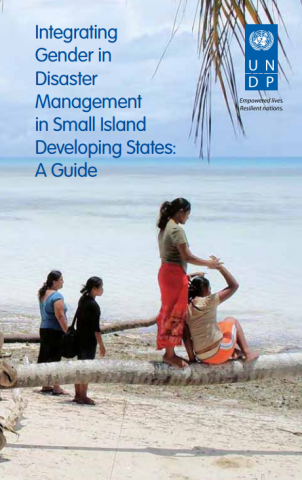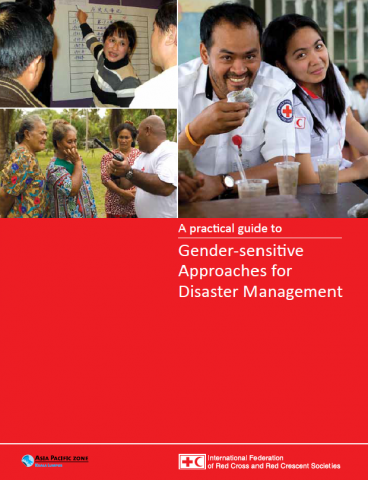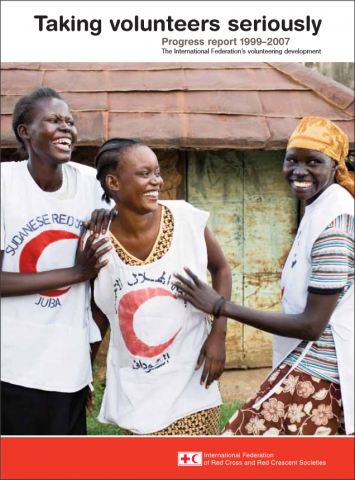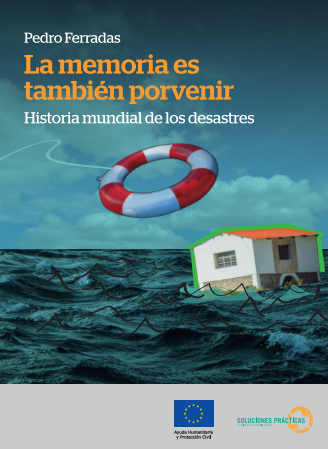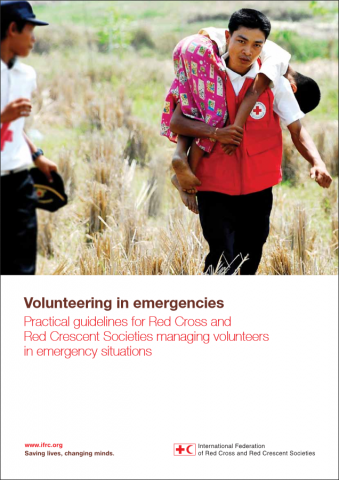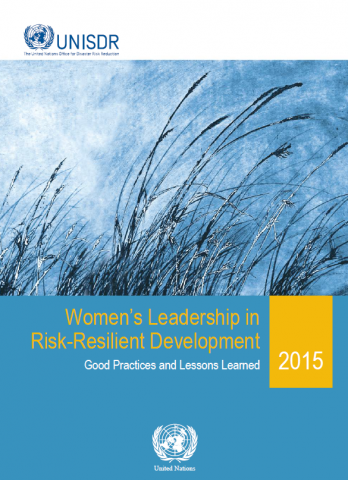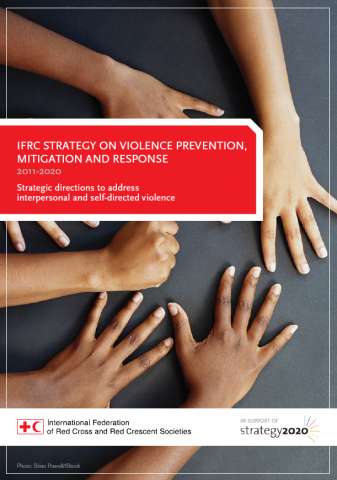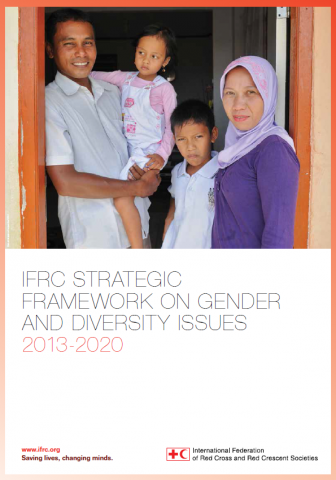Integrating gender in disaster management in Small Island Developing States: a guide
Climate risk management is taking on a new urgency for policy makers, as well as those on the front lines at community level. The connections between climate change and the increased incidence of hurricanes, droughts, massive floods, similar destructive phenomena and the ensuing human and material losses are now becoming more apparent. Caribbean and Pacific […]
Integrating gender in disaster management in Small Island Developing States: a guide Read More »

